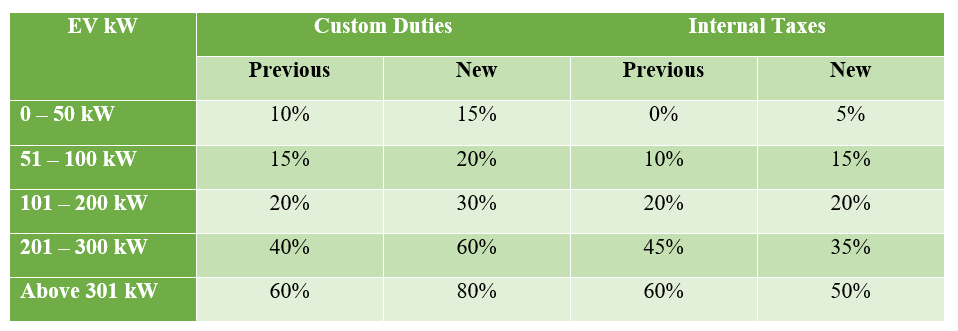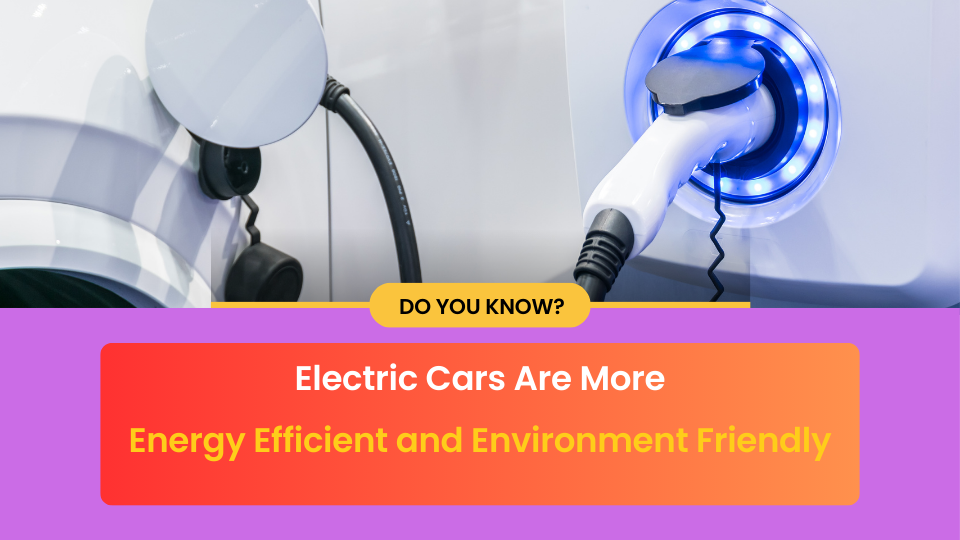Increased EV Taxes Lead to Higher Vehicle Costs: Nepal's Budget 2081/82
Introduction:
Nepal has been making significant progress towards a sustainable future, with electric vehicles (EVs) playing a crucial role in this vision. However, the recent budget announcement for the fiscal year 2081/82 has raised concerns among environmentalists, industry stakeholders, and potential buyers due to the New EV Taxes policy in Nepal by the Government. This move casts uncertainty over a once-promising sector, impacting consumers and businesses financially and raising questions about Nepal’s commitment to eco-friendly transportation.
Overview of the New EV Taxes:
On Tuesday, 28th May 2024, the Nepal government presented the budget for the fiscal year 2081/82, which includes significant changes to EV taxes, notably increasing the taxes on electric vehicles. Previously, EVs benefited from favorable tax policies that encouraged their adoption. However, the new budget introduces significant hikes in both customs duties and internal taxes for EVs.
Taxation Changes for Electric Vehicles (EVs)
In the recent budget announcement for the fiscal year 2081/82, the government outlined a new tax framework for electric vehicles, significantly increasing both customs duties and internal taxes. The revised tax rates are as follows:
- Electric vehicles up to 50 kW: A 15% customs duty and an additional 5% internal tax, where there was previously no internal tax.
- Electric vehicles from 51 to 100 kW: A 20% customs duty and a 15% internal tax.
- Electric vehicles between 101 kW and 200 kW: A 30% customs duty and a 20% internal tax.
- Electric vehicles between 201 kW and 300 kW: A 60% customs duty and a 35% internal tax.
- Electric vehicles above 301 kW: An 80% customs duty and a 50% internal tax.

This substantial shift in tax policy is expected to significantly increase the cost of electric vehicles for consumers.
Impact of New EV Taxes:
The immediate effect of these tax increases will be reflected in the higher prices of electric vehicles. Industry experts predict that the prices of EVs could rise by 20% to 40%, depending on the model like fully electric or hybrid and their specifications. For example, an electric car that previously cost around NPR 4 million might now be priced between NPR 5 million and NPR 5.6 million. This price surge is likely to deter potential buyers, slow market growth, and shift consumer preference back to traditional fuel-powered vehicles.
Long-Term Implications of New EV Taxes:
In the long term, the tax hike could have several implications for Nepal’s EV market and environmental goals. Firstly, the slowed adoption of electric vehicles could hinder Nepal’s efforts to reduce its carbon footprint. The transportation sector is a major contributor to greenhouse gas emissions, and transitioning to electric mobility is essential for achieving sustainability targets.
Secondly, the higher cost of EVs could push consumers towards older, more polluting vehicles, worsening air pollution in urban areas. This is particularly concerning for cities like Kathmandu, which already face severe air quality issues.

Conclusion:
Nepal’s electric vehicle market has shown significant growth, presenting an opportunity to embrace cleaner transportation options for environmental benefits. Over the past two years, the Nepali EV market has seen remarkable growth, with EV imports increasing by 158.31% in the first six months of the current fiscal year, from mid-August to mid-January 2024, according to the Department of Customs as published in the news, The Rising Nepal. However, the new EV taxes policy threaten to reverse this progress, challenging the country’s efforts to reduce reliance on diesel and petrol engines and decrease pollution.
Despite these challenges, industry players and consumers must navigate these changes strategically, balancing immediate financial impacts with long-term benefits. With informed decisions and adaptive strategies, Nepal can still strive towards a greener and more sustainable future in transportation.





Your article helped me a lot, is there any more related content? Thanks!